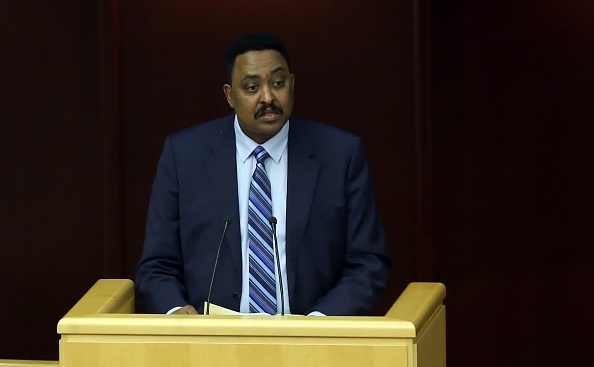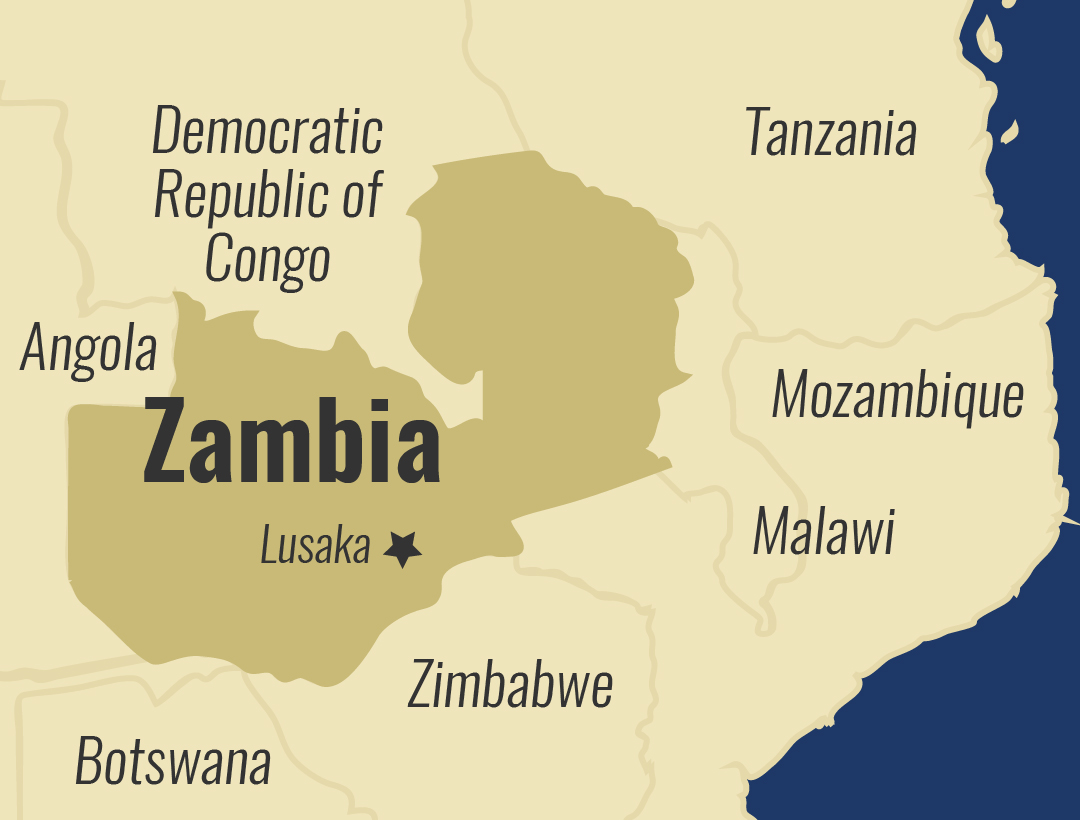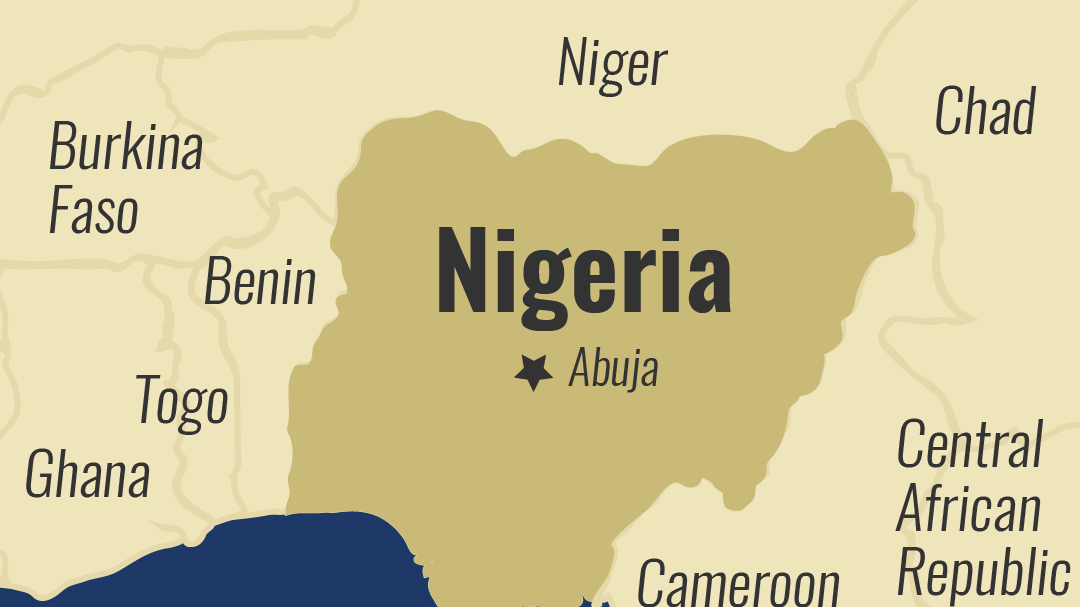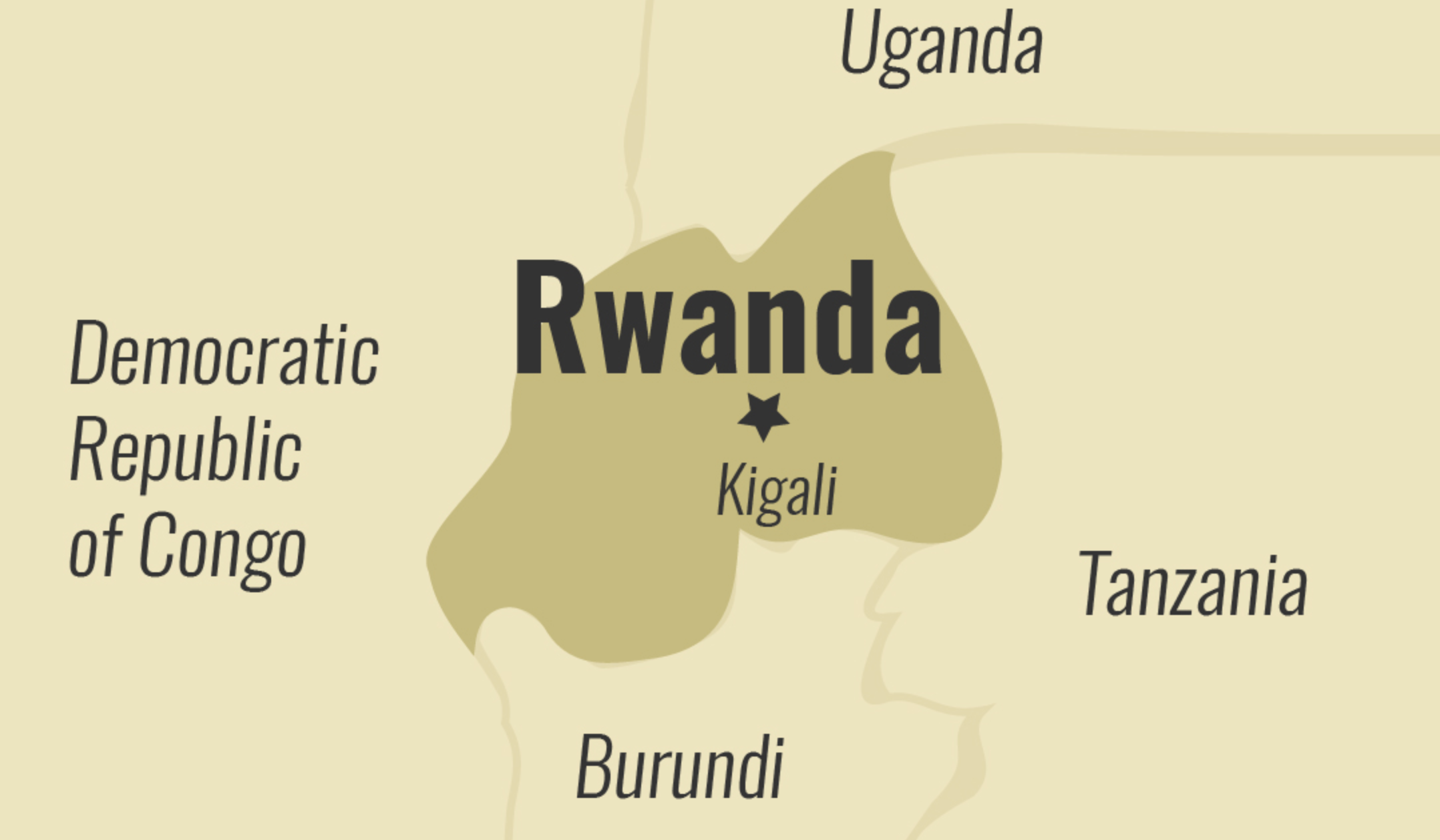
IGAD chief says COVID-19, desert locust invasion pushing IGAD “to be more adaptable”

The series of crises that are affecting the East African region, mainly the ongoing COVID-19 pandemic, desert locust invasion, and flooding, are pushing the Intergovernmental Authority on Development (IGAD) “to be more adaptable than ever before,” the regional bloc said.
The statement was made by Executive Secretary of IGAD, Workneh Gebeyehu, who emphasized on Sunday that it is working to mitigate the adverse impacts of the healthcare as well as natural catastrophes in the region.
“The succession of crises that afflicted our region through the COVID-19 pandemic, desert locust invasion and flooding has compelled us to be more adaptable than ever before,” Executive Secretary of IGAD, Workneh Gebeyehu, said.
“It has been a year of learning lessons, adapting to new ways of working and sharpening our simultaneous response to multiple threats,” the IGAD chief said.
The IGAD, which is presently formulating its five-year intervention strategy for 2021 to 2025, is bringing together all of its divisions, programs, and institutions to discuss the previous completing 5-year strategy from 2016-2020 and towards the formulation of its upcoming five-year implementation plan.
Addressing a meeting to formulate the regional bloc’s next 5-year strategic plan, he emphasized the importance of communication, cooperation, and coordination in the formulation of the organization’s strategy.
“As we identify our strategic priorities for the next 5 years, let us have our people and their most urgent needs and concerns at the forefront of our minds,” said Gebeyehu.
“I call upon all of us never to forget for whom we are working. It is on behalf of our brothers and sisters, the hardworking taxpayers of our respective countries that IGAD strives,” he added.
The regional strategy, formulated every five years, guides the organization to deliver on its mandate effectively. The 2016-2020 Regional Strategy promotes six strategic objectives that include attainment of food security, sustainable management of the environment and natural resources, economic cooperation and regional integration, social development, good governance, peace, and security, as well as enhancement of the corporate capacity of IGAD.






